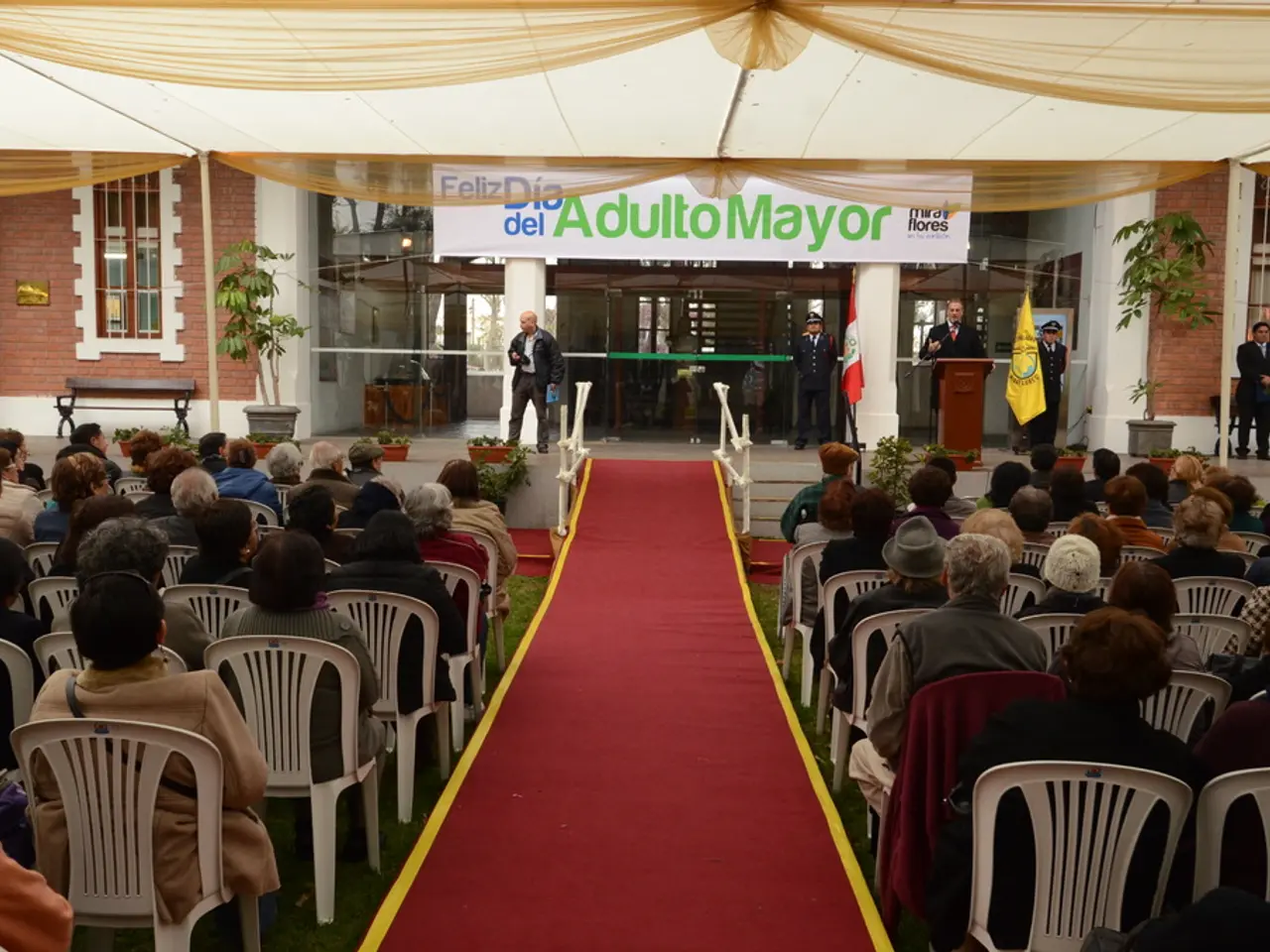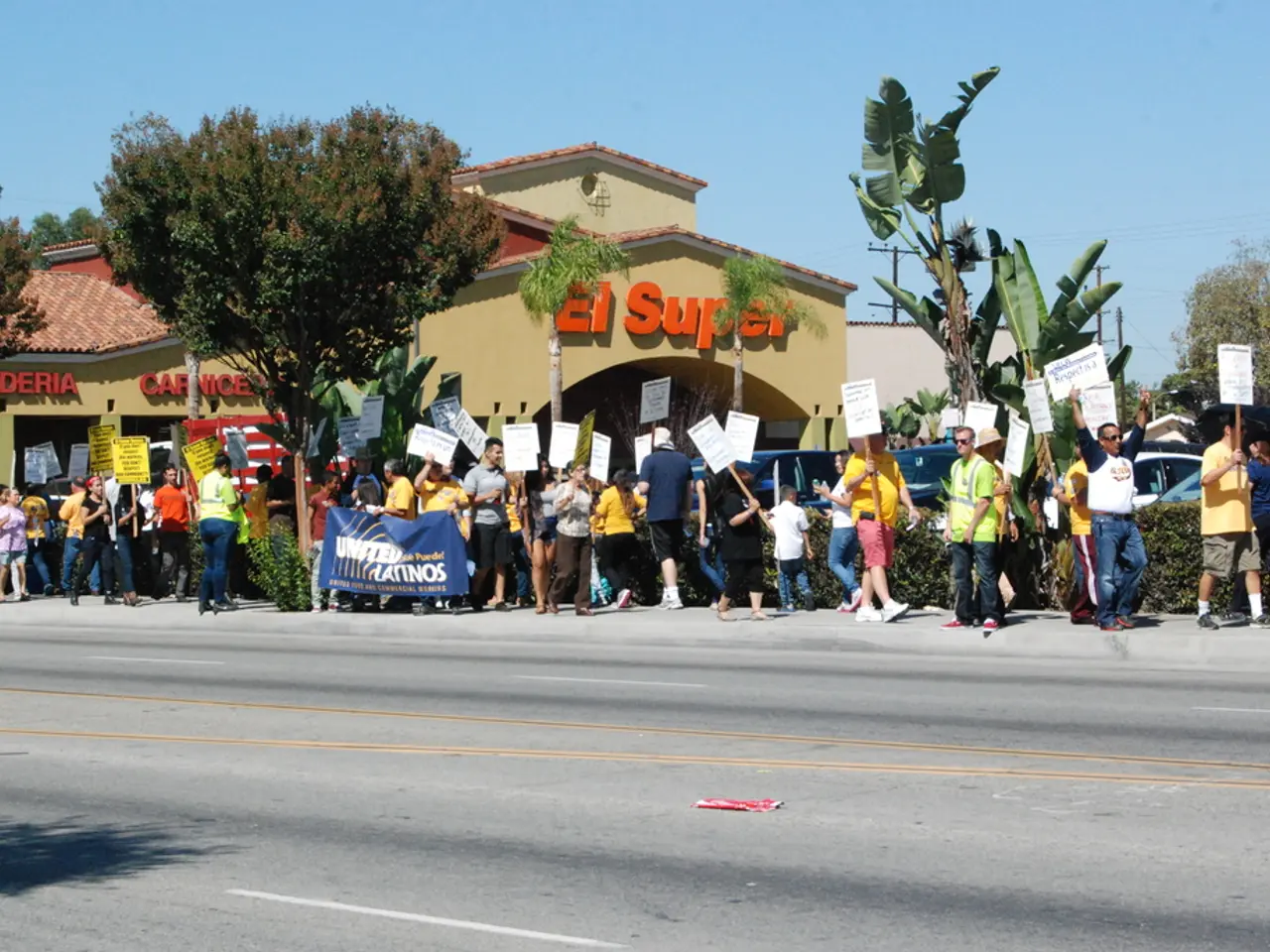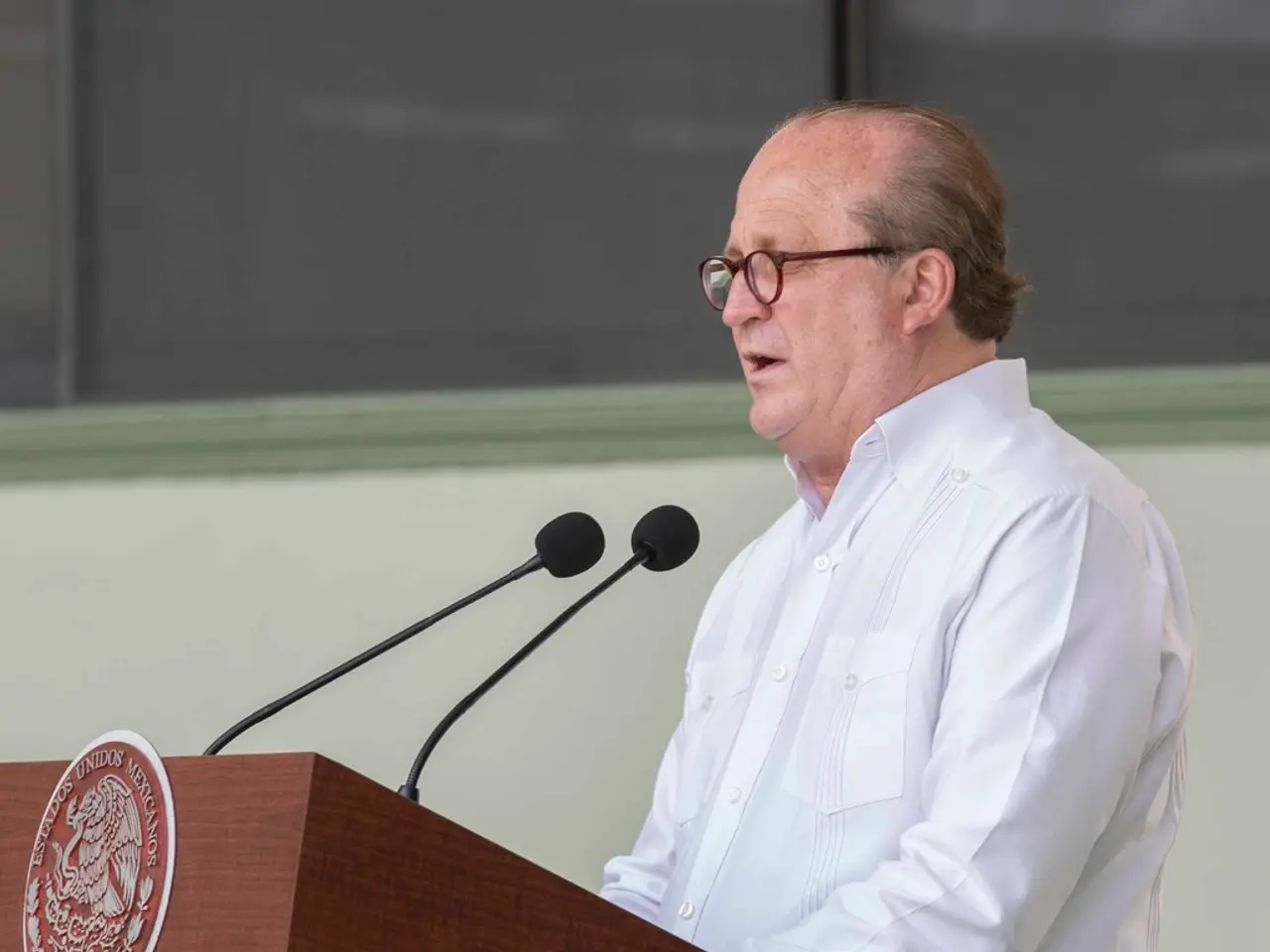A Year Long Extension for the Bundeswehr's Role in Kosovo's NATO Mission, 2023
German parliament extends one-year military deployment in Kosovo
Get the latest on Germany's continued military presence in Kosovo, as the parly grants another year for the Bundeswehr's participation in NATO's KFOR mission. Brace yourself for a breakdown of the recent approval, dated May 2023, and what it means for security in Kosovo and Europe as a whole.
With a majority vote of 391 to 191, the Bundestag has given the green light for an extension of the German military's involvement in Kosovo. The motion, initially adopted by the cabinet at the end of May, boosts the mission's lifespan by another year.
The Bundeswehr has been at the heart of KFOR since June 1999, and the maximum German troop count remains capped at 400. Their mission? To establish a secure environment in Kosovo, facilitate the growth of a peace order, and ensure public safety and order.
Kosovo's security landscape remains shaky, prompting the reinforcement of the contingent in 2023. The mission's safety is always uncertain, as noted by spokesperson Stefan Kornelius during the cabinet meeting. A stable and peaceful Kosovo is critical to both Germany and Europe's future. Despite the KFOR mandate having no set end date, the federal government still holds annual meetings with the parliament to seek approval for the mission.
Let's take a peek at some evidence illustrating Germany's unwavering commitment to the KFOR mission in 2025:
- General Carsten Breuer, the Chief of Defence, paid a visit to the KFOR headquarters in Pristina, highlighting Germany's prioritization of its role within the mission [2].
- German soldiers engage in multinational events and training exercises with KFOR, such as the Crowd Riot Control training at Camp Novo Selo and the Jungleer NCO Academy at Camp Bondsteel. Their participation underscores Germany's operational support for peacekeeping and stability efforts [1][3].
- Around 1,200 Germans are currently deployed across various international peacekeeping and crisis management missions, emphasizing Germany's global dedication to peacekeeping initiatives [4].
- The involvement of top German military leaders in Kosovo-based events suggests that Germany maintains a substantial troop presence within KFOR [5].
In summary, Germany continues to play a pivotal role in the NATO-led Kosovo mission in 2025. German soldiers actively participate in training events and cooperate with troops from other nations, all in the name of supporting peacekeeping and stability efforts in the region. This unwavering undertaking demonstrates Germany's commitment to serve as a pillar of NATO's framework for peacekeeping in Kosovo.
Sources: ntv.de, afp
The European Union, as a part of the broader international community, closely monitors Germany's role in Kosovo's NATO mission, given its political and general-news implications. The Bundestag's decision to extend the Bundeswehr's mission in Kosovo is significant for peacekeeping and stability efforts not only in Kosovo but also across Europe, reinforcing the European Union's commitment to maintaining regional security.






